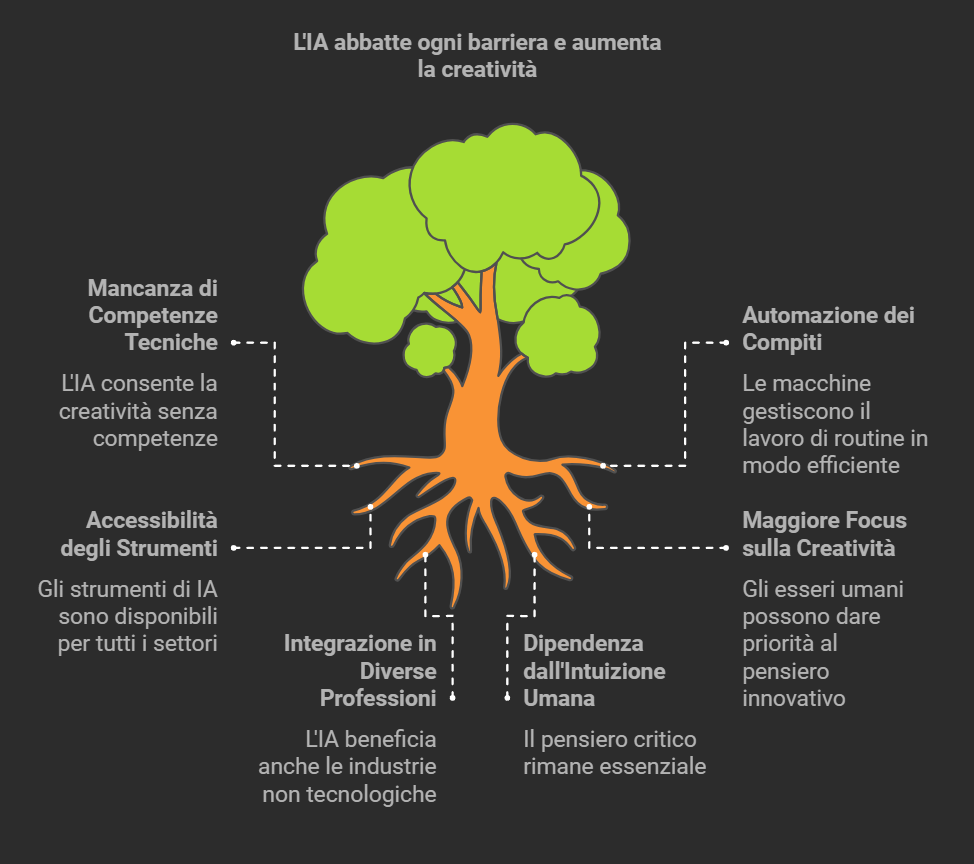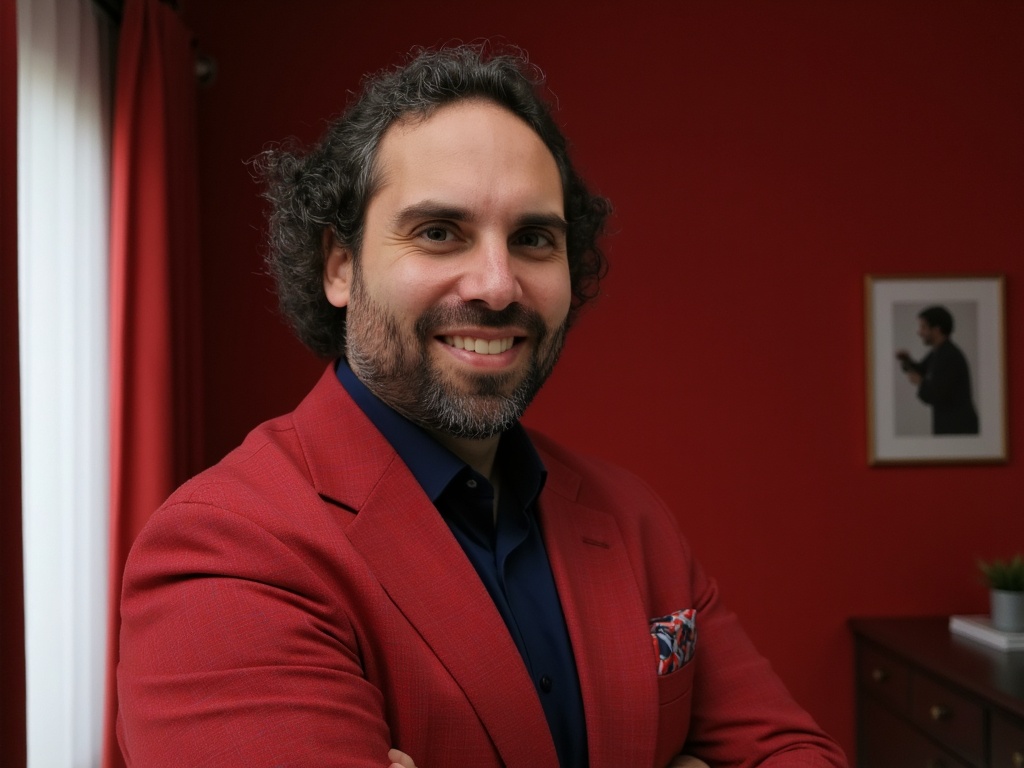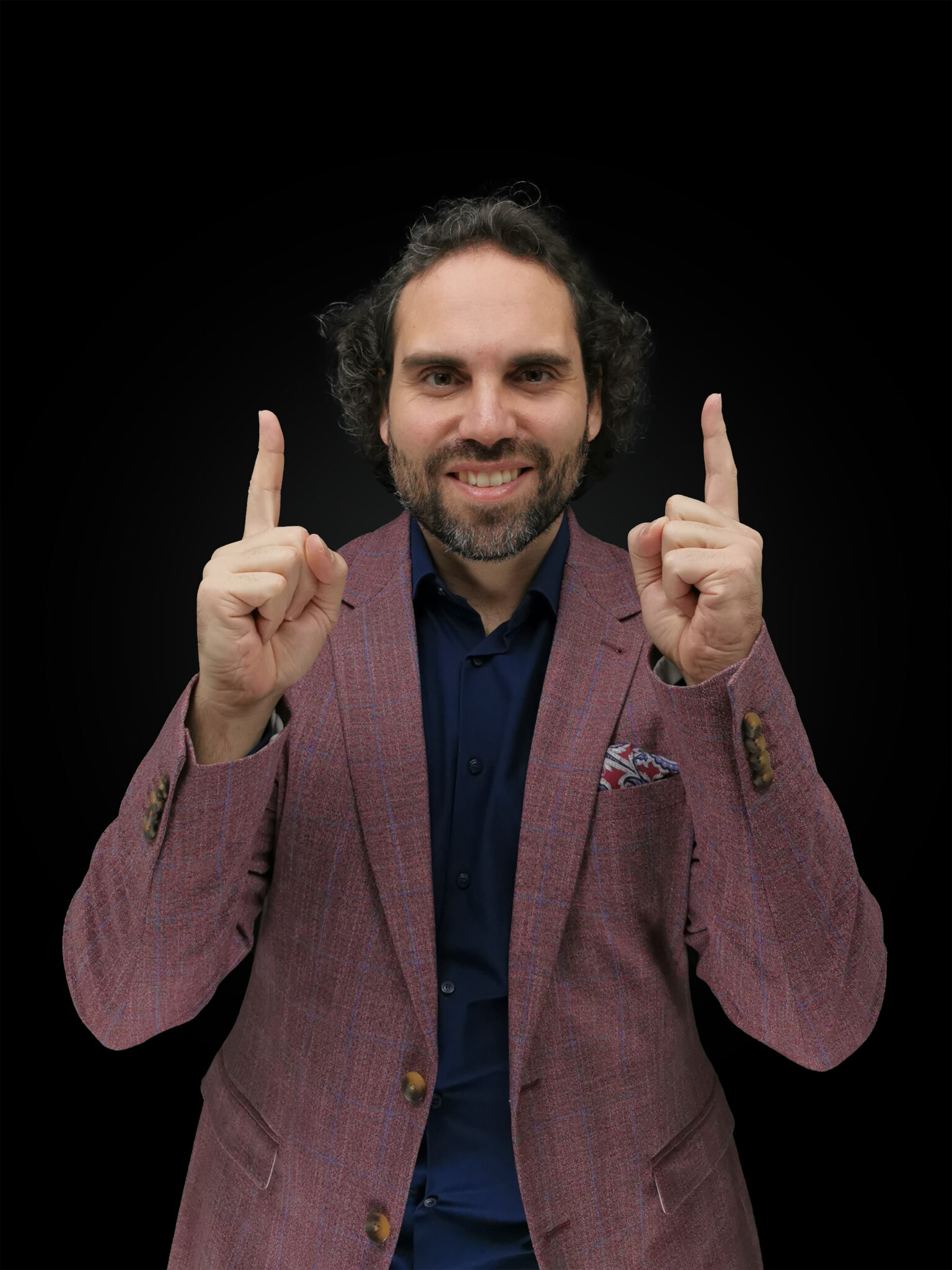I remember when AI(Artificial Intelligence) seemed like science fiction, something distant and intangible. Then it came along, and instead of scaring me, it immediately intrigued me. AI removes many practical barriers, especially for those who are creative but lack advanced technical skills. It is like a key that opens previously inaccessible doors.
Today, its impact is most evident in the sectors they create: content, design, code. But soon even more practical professions will benefit. Imagine a baker using an AI-assisted robot to optimize recipes or a restaurateur automating feedback and reservations. Even less tech-savvy sectors may benefit.
"AI ferries us to an era when we can focus on the conceive and on the improve, leaving the do to machines."
However, critical and creative thinking remains irreplaceable: there is no algorithm that can fully simulate human reasoning."

AI doesn't steal work: it's your multitasking colleague
As a programmer, I see every day how AI speeds up work processes. A WordPress plugin that used to take days or weeks, now I draft it in minutes and perfect it in hours. It is like having a hypercompetent assistant by your side, always available.
But it is not just an assistant. In certain situations, the AI almost becomes a teacher leading into new things or a kind of "second independent consciousness" capable of suggesting ideas. Of course, discussing with a tool to refine results is critical-the true value of AI emerges in ongoing dialogue, Not in blind delegation.
Amplified creativity: how AI revolutionizes design
In design, AI is like an Aladdin's lamp: you give her clear instructions and she does wonders. I personally use tools like Adobe to generate custom images or enhance layouts, and I can say that work becomes more accessible and faster.
“AI does not stifle creativity, it amplifies it. By freeing you from the drudgery of "doing," it gives you the space to imagine and experiment. It stimulates lateral thinking and helps you find solutions you would have otherwise ignored."
A concrete example? This same text. I am developing a system for writing articles in an innovative way: I start from an existing article, rework it and enrich it with a guided interview to integrate my views. The result is content that truly represents me, but created more efficiently.
Turbocharged code: how AI accelerates development
When it comes to programming, tools such as GitHub Copilot e Cursor AI Have become essential. Tenfold increase in speed of development and help manage even complex codes by providing concise and intuitive explanations. It is like having a personal tutor always available.
Of course, AI has limits: On large projects it can lose the thread or make errors. Therefore, it is critical to always double-check the generated code. Despite these flaws, AI enables implement projects faster and learn new technologies in real time.
Listening to users with the help of AI
When it comes to user experience, I see AI as a complement, not a replacement. Tools such as Attention Insight or Strella can complement, but not replace, direct interaction with users. People are unpredictable, and certain nuances only a human eye can catch.
Personally, I have not yet used AI tools to analyze user behavior, but their potential is obvious.
Write better, faster and more effortlessly
For copywriting, I often rely on templates such as. GPT or Claude, but always with a critical eye. Raw lyrics tend to be forced, too perfect and unnatural. It always needs refinement work to make them more human and authentic.
Despite this, the process is incredibly efficient. AI allows me to create quality content in less time, which was unthinkable just a few years ago.
Goodbye boredom: how AI automates repetitive tasks
Automating tedious tasks is one of the greatest advantages of AI. I am developing my own Chrome extension to manage daily tasks and reminders. It is a small step, but a crucial one to free up time and energy for more creative and strategic activities.
If you could, I would automate everything that is repetitive. This would allow me to focus on what really matters.
The future is human, but AI is the engine
If a colleague told me that he feared being replaced by AI, I would answer him: "Learn, evolve and make yourself indispensable." Some simple jobs will disappear, but our role will always be to Orchestrate, guide and correct.
Five years from now, I envision a world in which AIs develop applications almost autonomously. Our job will be to make sure that these solutions are ethical, useful, and well designed. Creativity and human problem-solving will be more important than ever.
AI is an opportunity, not a threat
AI is not stealing our jobs, but Is releasing our potential. The key is to collaborate with these tools, learn how to use them to the fullest and not be afraid to experiment. The future of work will be a synergy between human and artificial intelligence, With us in the role of conductors.

Looking for a web designer expert for the realization of websites professional?
My name is Edoardo Guzzi and for more than 10 years I have been helping companies and startups develop high-performing, SEO-optimized websites designed to convert.
I deal with website development on WordPress and Odoo, e-commerce creation, UX/UI optimization and strategies to improve online visibility.
I operate between Switzerland and Italy, offering tailored solutions for those who want to stand out on the web. Find out more about aifb.ch, webwakeup.com.
